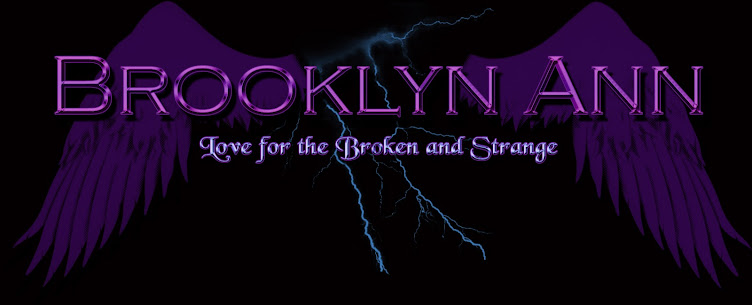In the past 30 days I've read and critiqued 3 manuscripts. In return, my buddies have been working on mine as well. One thing I've learned from doing this is that it helps me to become a better writer. Many of the errors and mistakes I've found in my buddies' stories are often found in my own. Now when my buddies and I go through each other's work we go through it all the way, which means we point out spelling, punctuation, and grammar issues as well as add comments and feedback within the text. Over the course of my reading I've spotted enough patterns to merit two blog posts.
Part One: Common Errors in Spelling, Grammar, and Punctuation.
1.) Its vs. It's. Its = belonging to it. It's = It is. Example: It's the biggest one I've ever seen! Its girth is terrifying! (Hey, I'm a romance author. Of course that's the first thing that came to mind.)
2.) Loose vs. Lose. Loose= opposite of tight. Lose = loss of something. Your corset is loose. Your girls may lose their support.
3.) Your vs. You're Your = belonging to you. You're = you are. Ex: Hey, hot guy, you lost your shirt. You're making my tummy flutter.
4.) Each other = 2 words. I had a nasty habit of making it one. Please say I'm not alone!
5.) Questions end with question marks! I blame JR Ward for this one. For some reason her characters turn their questions into demanding statements to emphasize how manly pissed off they are...or something. It worked for a bit but got old fast. "What are you doing." = wrong. "What are you doing?" = no headache.
6.) Plural nouns vs. Names anding with S. For some reason a lot of people want to treat a main character with a name ending with "S" as a plural noun, which is incorrect. Proper use: Silas's breath caught at the girls' incredible music. Wrong: Silas' breath caught...etc.
7.) Commas and the word "then." I don't know anyone, including myself that hasn't had an issue with this. There is no comma before then! Ex. She filled the pitcher then carried it to the table. NOT She filled the pitcher, then carried it to the table. Don't ask me why that's wrong, it just is. (HEY, DEAN, IF YOU ARE READING THIS, PLEASE TELL US WHY, OH FELLOW NERD PAL!)
8.) Proper punctuation with dialogue. This is was a disease I had until a wonderful beta cured me. Wrong: "Blah blah blah." He said. Right: "Blah blah blah," he said.
I know there's tons more, so please feel free to chime in! Next time I'll focus on structural issues.






